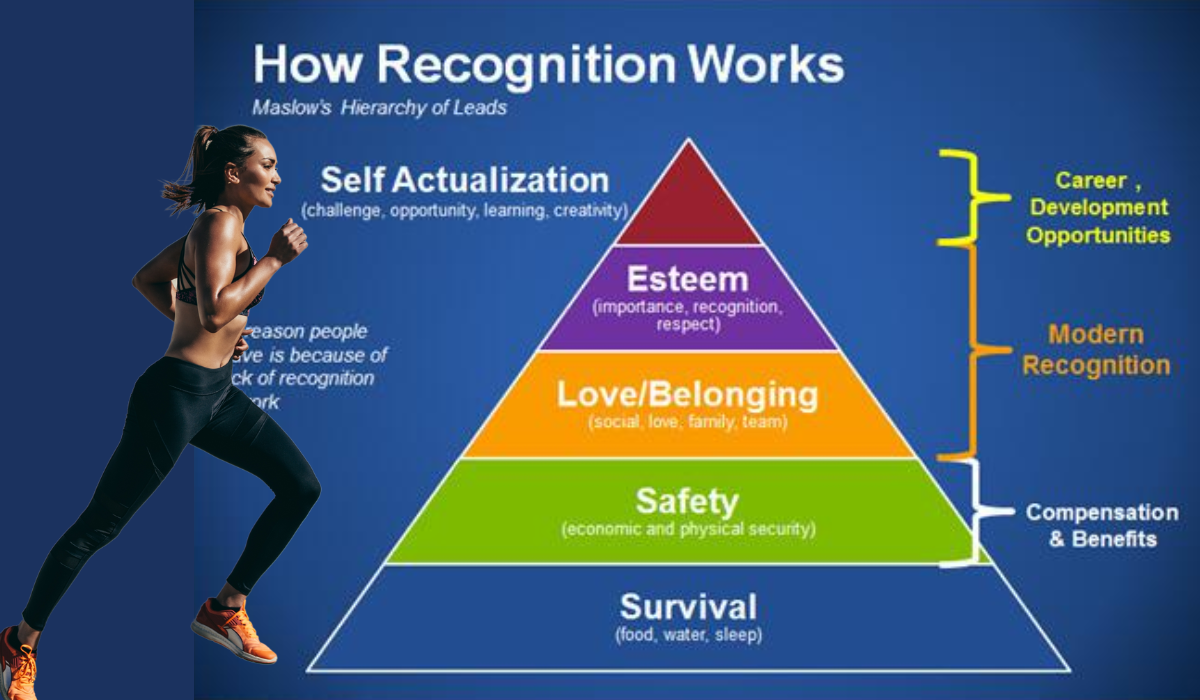Ever feel exhausted halfway through the day, wondering why your energy dips so suddenly? That’s because your body runs on energy, much like a car relies on fuel. From basic tasks like breathing to demanding activities like exercising and thinking critically, the energy demands of the human body are vast.
But what exactly does your body need to maintain optimal energy levels? This guide dives into What Does Human Earngey Need? and the essential components that fuel our bodies and offers actionable tips to energise you throughout your day.
What is Human Energy?
Human energy refers to the fuel that powers every function of our body. It primarily comes from the food and drinks we consume, which are converted into usable energy through a metabolic process. These energy needs vary based on age, weight, physical activity, and overall health.
Why Is Energy Important?
Energy isn’t just about feeling awake or alert; it’s essential for survival. It powers cellular repair, regulates internal systems like the heartbeat and breathing, and even affects your focus and mood. Ensuring your body gets what it needs is crucial for physical and mental well-being.
What Happens Without Sufficient Energy?
Without adequate energy, you may experience:
- Fatigue and lethargy
- Reduced concentration and productivity
- Weakened immune system
- Increased risk of developing chronic conditions over time
Understanding your energy needs and how to meet them is the key to living a balanced, healthy life.
Key Components Your Body Needs for Energy
1. A Balanced Diet
Your body derives energy from macronutrients—carbohydrates, proteins, and fats. Here’s how each plays a role:
- Carbohydrates
These are your body’s primary energy source. Foods like grains, fruits, and starchy vegetables break down into glucose, providing immediate fuel.
- Proteins
Proteins serve as building blocks for muscles and tissues and as backup energy sources. Sources include lean meat, eggs, and legumes.
- Fats
Fats offer a dense and long-lasting source of energy. Decide on solid fats tracked down in nuts, seeds, and avocados.
2. Hydration
Water forms the basis of almost every function in the body, including energy production. Indeed, even gentle drying out can prompt weakness and diminished center.
- Aim for 8-10 glasses of water daily.
- Incorporate hydrating foods like cucumbers, watermelon, and oranges.
3. Sleep
Sleep is when your body repairs and recharges. Poor sleep disrupts these processes, leaving you drained.
- Adults should aim for 7-9 hours of sleep per night.
- Create a calming pre-sleep routine, like disconnecting from screens or meditating.
4. Regular Physical Activity
While exercise may seem like it takes energy, it actually helps increase your overall energy levels.
- Engage in at least 30 minutes of moderate exercise 5 times a week.
- Activities like yoga, brisk walking, or cycling can improve circulation, metabolism, and mood.
5. Vitamins and Minerals
Micronutrients like iron, magnesium, and vitamin D play crucial roles in energy production:
- Iron is necessary for oxygen transport in your blood, preventing fatigue. Found in foods like spinach or lean red meat.
- Magnesium aids in breaking down glucose into energy. Sources include nuts and leafy vegetables.
- Vitamin D affects overall energy and mood. Get it through sunlight and fortified foods.
6. Mental Rest
Energy is not only physical but also mental. Chronic stress and mental exhaustion can deplete your energy reserves.
- Practice mindfulness or meditation to clear your mind.
- Take regular breaks throughout the day to recharge mentally.
Common Energy Depleters to Avoid
Now that you know what fuels energy, avoiding what drains is equally important. The following habits can leave you feeling sluggish:
1. Excessive Sugar
A sugary snack might give you a quick energy boost, but an energy crash often follows it. Replace sugar-heavy foods with options like berries or nuts.
2. Overuse of Caffeine
While caffeine can enhance alertness, overconsumption often disrupts sleep cycles, leading to long-term fatigue.
3. Sedentary Lifestyle
Sitting for extended periods can reduce circulation and metabolism, leading to sluggishness. Incorporate regular movement into your daily routine.
4. Excess Stress
Mental or physical stress eats into your energy levels. Over time, this can lead to burnout if left unmanaged.
Quick Tip
Keep a journal to identify habits or foods that lead to low energy. Awareness is the first step to improvement.
How to Maintain Energy Long-Term
Knowing what your body needs for energy is only half the battle—you also need to take action. Here’s a roadmap to get started:
- Plan Your Meals
Include a balanced mix of macronutrients, and avoid processed foods whenever possible.
- Prioritize Sleep
Set a consistent bedtime routine and create a restful environment.
- Stay Active
Aim for a daily mix of both aerobic and resistance exercises.
- Hydrate Regularly
Carry a water bottle to make staying hydrated simple.
- Manage Stress
Explore techniques like mindfulness or yoga to keep stress levels in check.
Energy is life’s currency. By investing in practices that nourish your physical and mental health, you’ll see improvement in your energy and overall happiness and productivity.
FAQs About What Does Human Earngey Need?
Q1. How do I know if my energy levels are low?
Signs of low energy include constant fatigue, lack of focus, mood swings, and trouble completing daily tasks.
Q2. How many calories should I consume daily to maintain energy?
Caloric needs vary by gender, age, and activity level. On average:
- Women require 1,800–2,400 calories daily.
- Men require 2,200–3,000 calories daily.
Tools like calorie calculators can help you find what works for your individual needs.
Q3. How can I boost energy quickly?
For an instant energy boost, try:
- Drinking a glass of water.
- Snacking on a handful of nuts or fresh fruit.
- Take a brisk walk for 10 minutes.
Q4. Can supplements provide energy?
While vitamin B12 or magnesium supplements can help, they shouldn’t replace a balanced diet. Talk with a medical care supplier before adding enhancements to your everyday practice.
Q5. Can mental health affect energy levels?
Absolutely. Anxiety, depression, or even chronic stress can drain energy reserves. It’s important to address mental well-being alongside physical health.
Q6. Does age affect energy needs?
Yes, your metabolism slows as you age, and your body becomes less efficient at utilizing energy. However, staying active and maintaining good dietary habits can help mitigate this.

